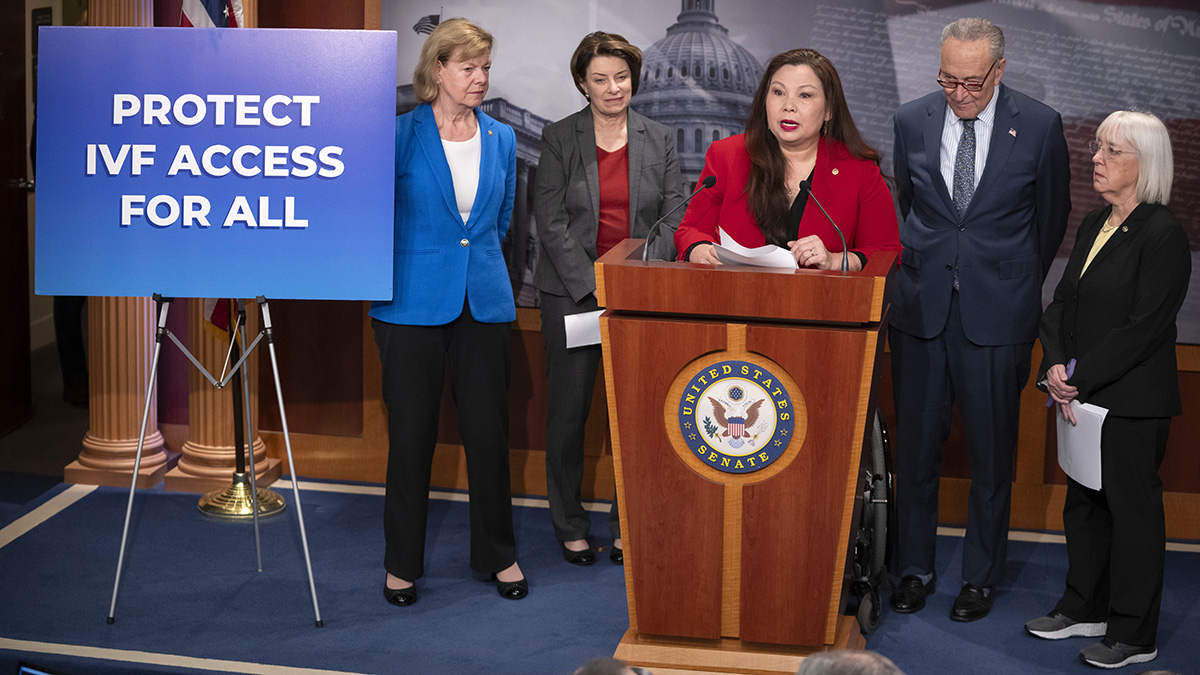
Massachusetts Gov. Maura Healey, who has been a strong advocate for protecting reproductive care in her state, is applauding a decision by pharmacy chains CVS and Walgreens to offer abortion pill mifepristone to patients as prescribed by a doctor.
The Food and Drug Administration approved guidelines for the drug last year, and both chains have received the certifications necessary to carry it. They are expected to begin carrying the pills within a month.
WATCH ANYTIME FOR FREE
Stream NBC10 Boston news for free, 24/7, wherever you are. |
“We applaud CVS and Walgreens for taking this important step to expand access to mifepristone, which has been used safely and effectively for more than two decades. Massachusetts will always protect access to reproductive care, including medication abortion,” Healey said in a statement.
The drug will be available at select locations. CVS will fill prescriptions in Massachusetts and Rhode Island stores in the coming weeks, and will expand as allowed by law. Walgreens intends to offer the pill at locations in New York, Pennsylvania, Massachusetts, California and Illinois.
Get updates on what's happening in Boston to your inbox. Sign up for our News Headlines newsletter.
Mifepristone is a pill and is used in combination with another pill, misoprostol, in the majority of abortions nationwide. It is approved for use up to around 10 weeks of pregnancy and has been used for decades, but access to it has been in question after a series of conflicting legal rulings starting with a case out of Texas last spring.
The U.S. Supreme Court is now set to hear arguments about access to mifepristone later this month. The case was brought by conservative group Alliance for Hippocratic Medicine, which is challenging policies that have expanded access to the treatment.
Last year Healey took steps to protect access to mifepristone in Massachusetts, including a request to the University of Massachusetts and other health care providers to stockpile doses. She also signed an executive order confirming abortion protection under state law.
This all comes at a time when abortion access and reproductive rights are being debated across the country, with individual states making a range of judgments in the absence of federal protections after the Supreme Court overturned Roe v. Wade in 2022.




